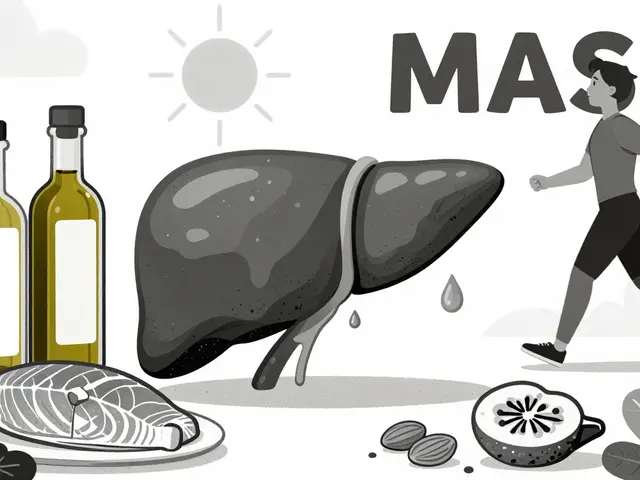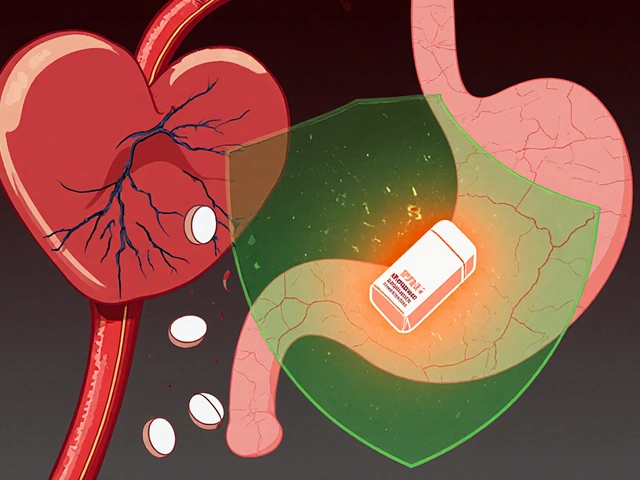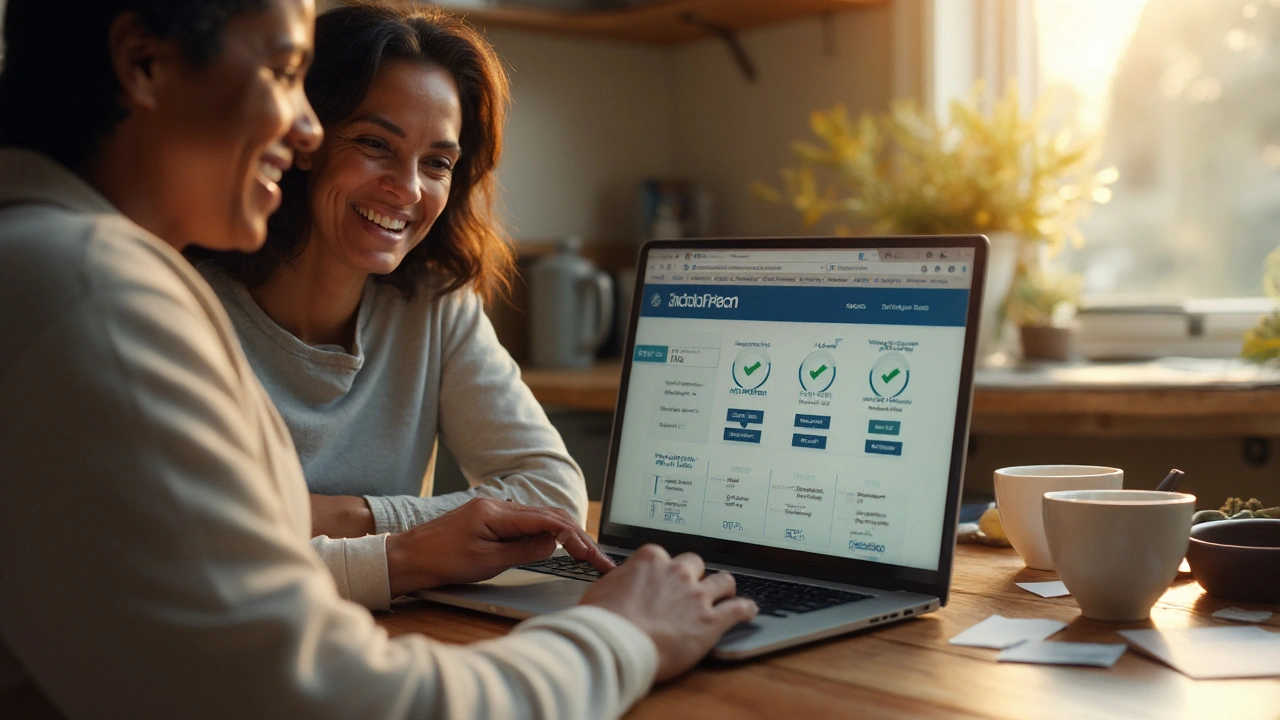ACE Inhibitors: What They Are and Why They Matter
If you’ve ever heard a doctor mention an ACE inhibitor, you probably wondered what the name actually means. In plain terms, an ACE inhibitor is a pill that helps relax your blood vessels so your heart doesn’t have to work as hard. This makes it a go‑to medication for high blood pressure, heart failure, and even for protecting kidneys after certain conditions.
How ACE Inhibitors Work
ACE stands for Angiotensin‑Converting Enzyme. The enzyme turns a harmless protein (angiotensin I) into a powerful one (angiotensin II) that tightens blood vessels. When you take an ACE inhibitor, it blocks that conversion. The result? Wider vessels, lower pressure, and less strain on the heart.
Because the mechanism is simple, the drug works quickly. Most people notice a drop in blood pressure within a week, and the heart’s workload improves over a few months. That’s why doctors often start patients on an ACE inhibitor right after a heart attack or when chronic kidney disease shows up.
Choosing the Right ACE Inhibitor
There isn’t a one‑size‑fits‑all pill. Common brands include lisinopril, enalapril, ramipril, and benazepril. Your doctor will pick one based on your age, kidney function, and any other meds you’re taking. For example, lisinopril is popular because it’s taken once a day, while enalapril may be better for those with mild kidney issues.
When you start, the doctor will usually begin with a low dose. This helps avoid side effects, especially the dreaded cough. If you don’t feel any weird symptoms after a week or two, the dose may be nudged up until your blood pressure hits the target range.
Common Side Effects and What to Watch For
Most people tolerate ACE inhibitors well, but a few side effects pop up more often than others. The most talked‑about is a dry, tick‑like cough. It’s harmless but can be annoying. If the cough won’t go away after a month, ask your doctor about switching to a different class.
Rarely, you might see swelling of the lips, tongue, or face – a sign of an allergic reaction called angio‑edema. If that happens, stop the pill immediately and seek medical help.
Another thing to keep an eye on is potassium levels. ACE inhibitors can raise potassium, so if you’re already on a potassium‑rich diet or a supplement, your doctor might test your blood regularly.
Tips for Safe Use
Here are some quick checkpoints to keep your ACE inhibitor working right:
- Take the medication at the same time each day – consistency helps keep blood pressure stable.
- Never double‑dose if you miss one; just take the next scheduled pill.
- Stay hydrated but avoid excessive salty foods, which can counteract the pill’s effect.
- Let your doctor know about any over‑the‑counter meds, especially NSAIDs (like ibuprofen) – they can blunt the blood‑pressure drop.
- Schedule regular check‑ups so your doctor can adjust the dose and watch kidney function.
Remember, ACE inhibitors are a partnership. They work best when you pair them with a healthy lifestyle – low‑salt meals, regular walks, and quitting smoking.
If you’re new to ACE inhibitors, the biggest worry is often the unknown. But with the right guidance and a few simple habits, these meds can keep your heart humming and your blood pressure in check for years to come.
Capoten (Captopril): Official Info, Uses, Dosage, Side Effects, Warnings [2025]
Quick path to official Capoten info plus plain-English guide to uses, dosing, side effects, and safety. Australia-focused, current for 2025.
Buy Generic Lisinopril Online Cheap: Safe 2025 Guide, Prices, and Options
Want to buy generic lisinopril online for less? Here’s how to do it safely and legally in 2025, with real prices, checklists, and smarter ways to save.






![Capoten (Captopril): Official Info, Uses, Dosage, Side Effects, Warnings [2025]](/uploads/2025/08/capoten-captopril-official-info-uses-dosage-side-effects-warnings.webp)
